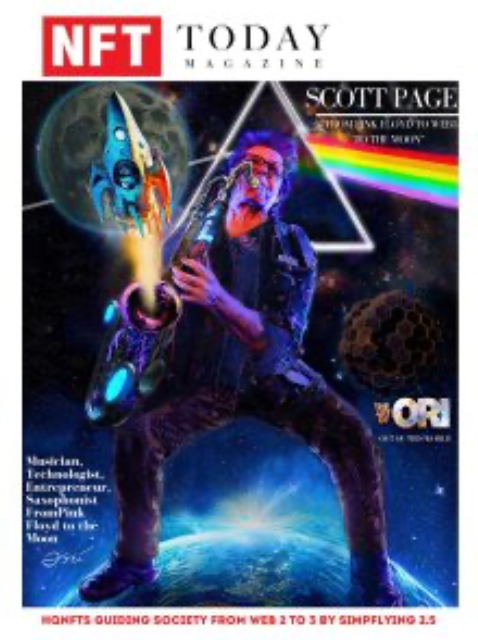The Algorithmic Divide: When Healthcare Tech Fuels Vigilante Justice
Staff Writer • 2025-01-21
As technology continues to shape industries, its impact on healthcare has proven to be both transformative and troubling. In a recent episode of the Stonks Go Moon Podcast, host Rocco Strydom explored this complex intersection with Robert Mennella, a best-selling author and founder of equity research. Their discussion unpacked the tragic killing of UnitedHealthcare CEO Brian Thompson by Luigi Mangion, a disgruntled former patient, and the broader implications of algorithm-driven healthcare. "Your medical decisions should be made by your doctor and you, and no one else," said Mennella during the podcast. His statement captures the central grievance of many Americans who feel trapped in a system where life-and-death decisions are outsourced to algorithms and bureaucracies. In Mangion’s case, his alleged motive stemmed from frustrations with denied aftercare and the broader perception that corporate greed governs healthcare policies. The Cost of Algorithmic Efficiency UnitedHealthcare, like many other insurers, employs algorithms to streamline claim approvals. While these systems are designed to enhance efficiency, critics argue they lack the nuance required to make ethical decisions. Patients often find themselves at the mercy of automated processes that prioritize cost savings over care. Mennella highlighted a particularly heart-wrenching example during the podcast: "There was this 17-year-old girl who needed a liver transplant. The health insurance company initially denied her, but after her family went online and made a big stink, they caved. Unfortunately, she died two days before the transplant could happen." Stories like this reveal the human cost of a system that places financial considerations above medical urgency. The public's sympathy for Mangion, while unsettling, reflects a growing frustration with healthcare inequities. Polls suggest that nearly 40% of people sympathized with his actions, viewing him as a symbol of resistance against a broken system. Such sentiment is a damning indictment of a healthcare model that leaves many feeling powerless and betrayed. Healthcare’s Ethical Crossroads The Stonks Go Moon Podcast delved into how these events signal a larger reckoning for the healthcare industry. Mennella observed, "The Affordable Care Act did a lot for a lot of people, but we’re the richest country in the world and the only ones that don’t have free healthcare." This disparity underscores the tension between America's technological and economic prowess and its inability to provide equitable healthcare access. While AI and automation have the potential to revolutionize healthcare, their deployment must be guided by ethical considerations. Algorithms should assist, not replace, human judgment, particularly in matters as critical as medical care. Without transparency and accountability, technology risks deepening public mistrust. The Public’s Growing Distrust of Institutions The podcast also touched on a broader theme: society’s increasing distrust of authority, fueled in part by advancements in technology. This sentiment extends beyond healthcare to issues like surveillance and unidentified aerial phenomena (UAPs). Mennella shared a personal anecdote about spotting a military-grade drone near an ExxonMobil research facility in New Jersey, describing it as "the size of a small plane" and "the kind of drone you see in the battlefield." Such sightings have sparked fears about surveillance, privacy, and the potential misuse of technology. The parallel between healthcare algorithms and drones is striking—both represent opaque systems that wield immense power over individual lives, often without adequate oversight or understanding. Conclusion: A Call for Ethical Innovation The Stonks Go Moon Podcast episode featuring Robert Mennella shines a light on the urgent need for reform across industries that rely on advanced technologies. From healthcare to surveillance, the stakes are too high to allow profit-driven algorithms to replace empathy and human judgment. As Mennella poignantly stated, "You can’t just drive around in a bulletproof car—you’ve got to make concrete changes for your customers." His words serve as a reminder that technology should be a tool for empowerment, not alienation. If corporations fail to prioritize humanity in their innovations, they risk further eroding public trust—and creating an environment where desperation breeds dangerous actions.
See More Posts
A look at how NFTS, Web 3, Gaming, Cryptocurrencies and Blockchain are reshaping businesses across the globe.
@NFT Today Magazine


